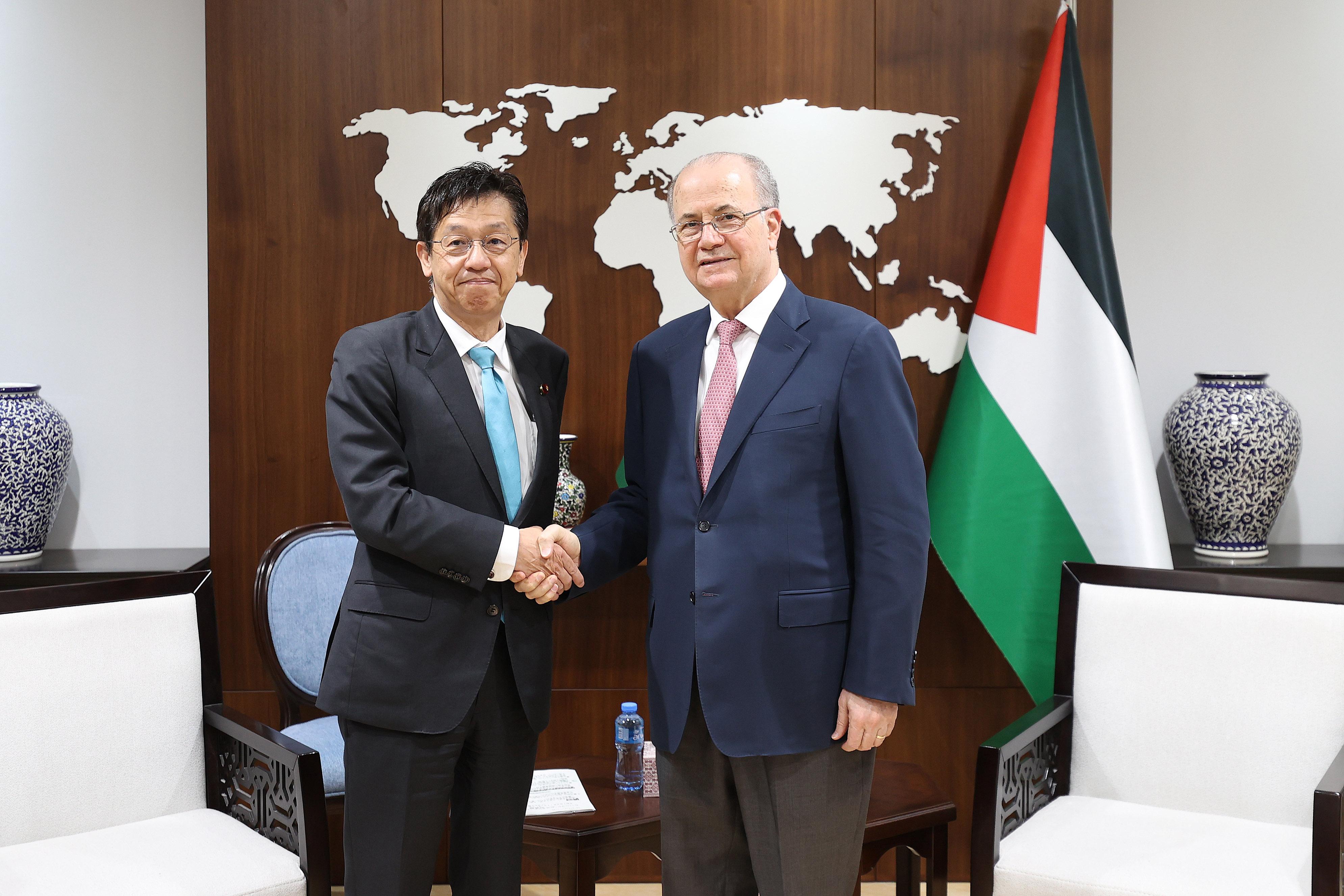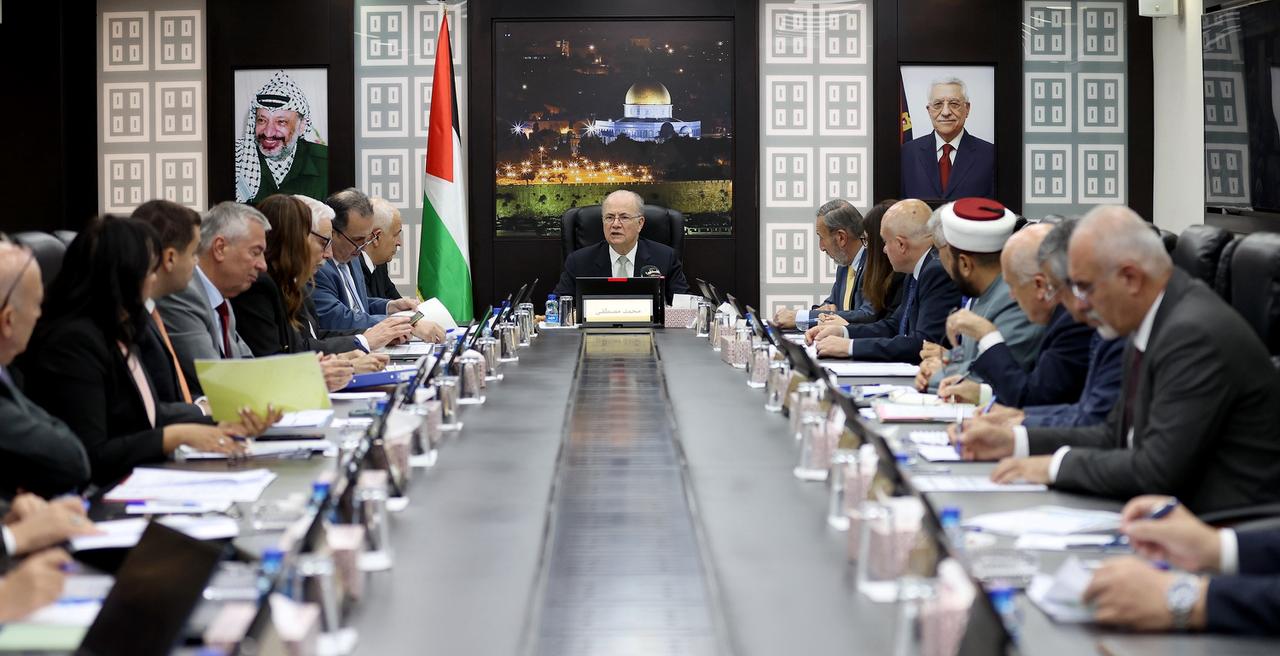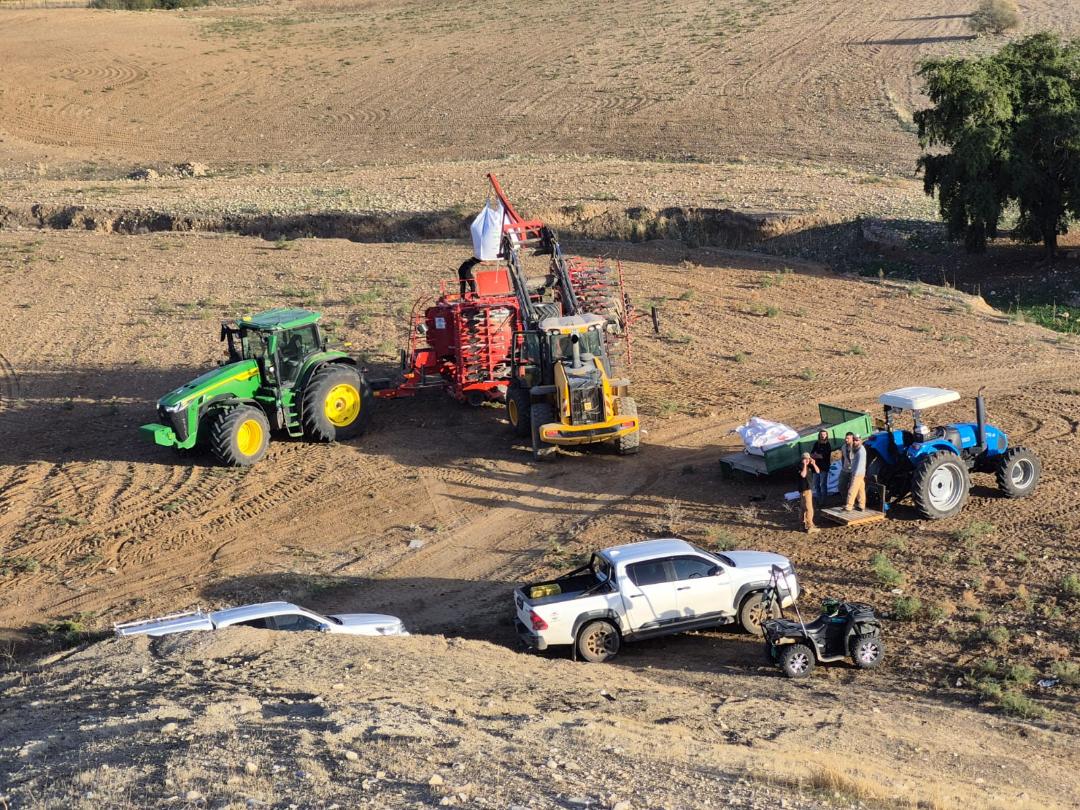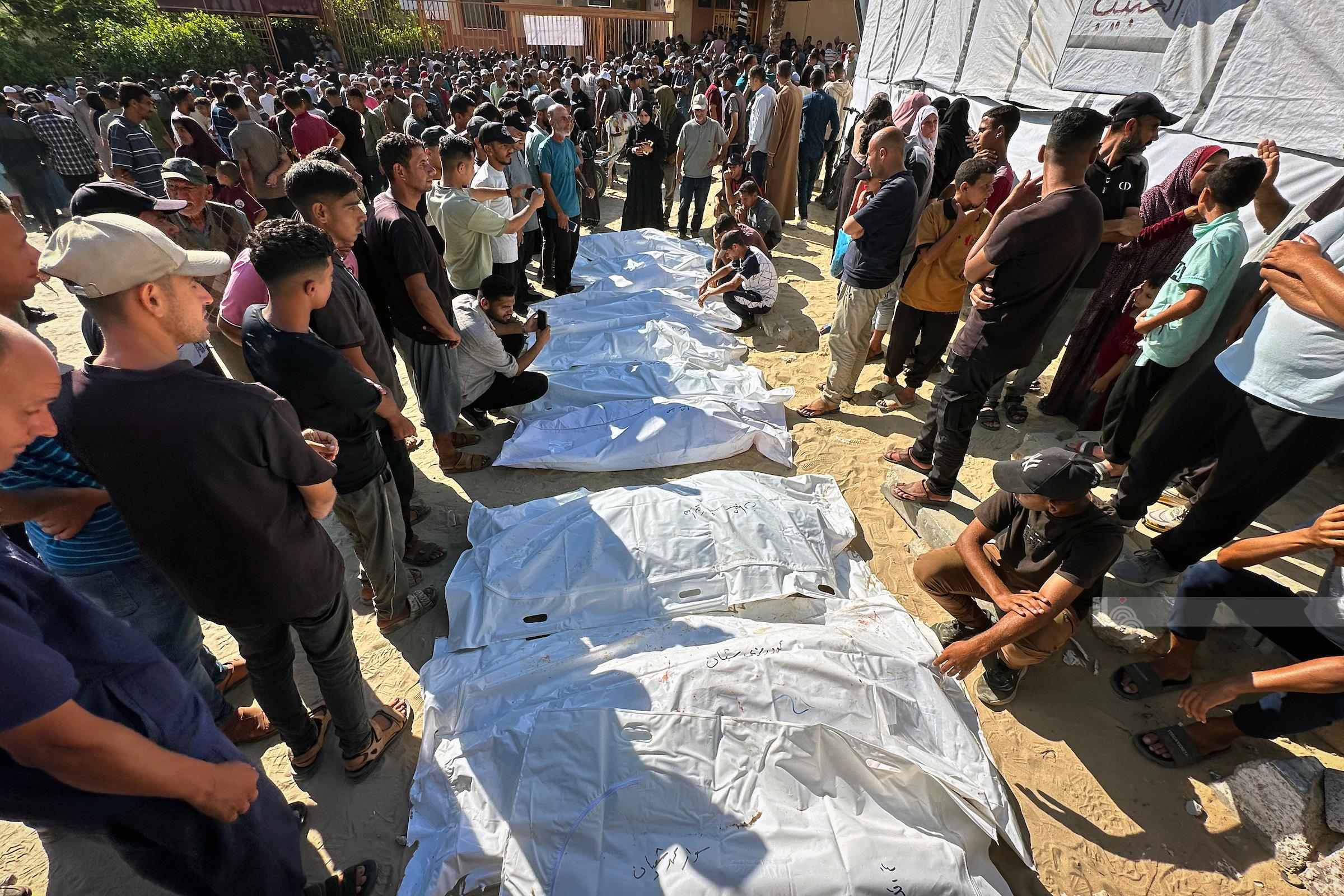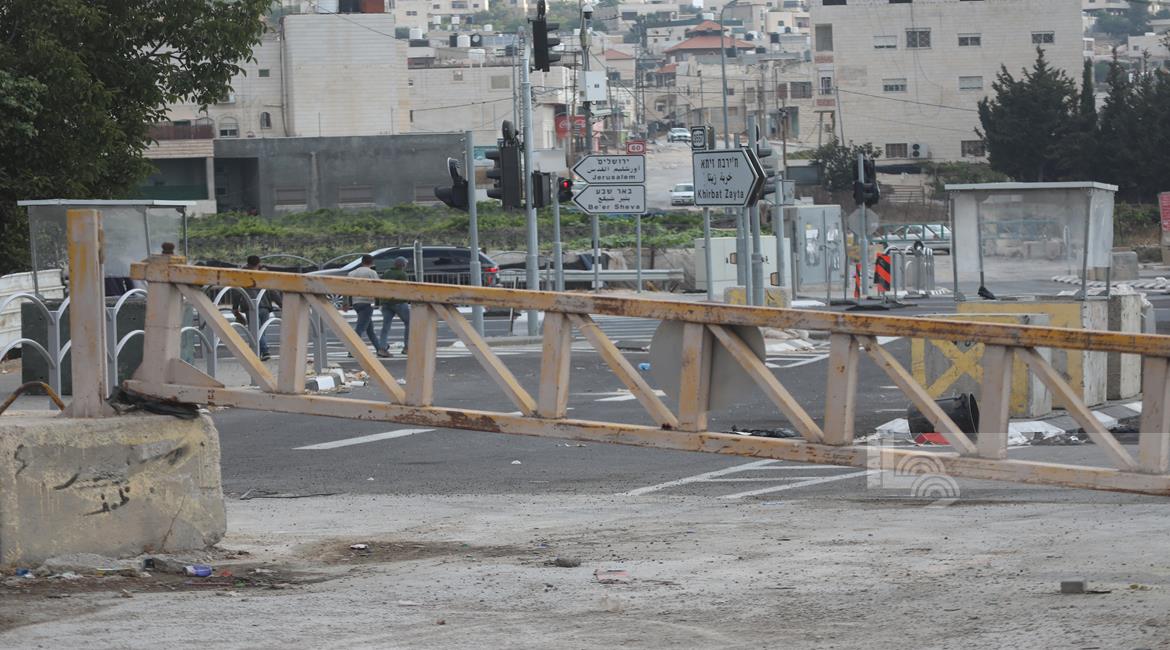RAMALLAH, August 14, 2025 (WAFA) – Prime Minister Mohammad Mustafa reaffirmed on Thursday that the recognition of the State of Palestine by countries around the world is not the end of the Palestinian issue, but rather a necessary step toward realizing the state on the ground and pursuing a political path for a comprehensive and just resolution to the Palestinian question.
The Prime Minister emphasized the priority of intensifying international pressure on Israel to stop its genocidal war against the Palestinian people, enhancing relief efforts, moving toward full-scale reconstruction, enabling the State of Palestine to fully assume its responsibilities in the Gaza Strip, ending the occupation, realizing the Palestinian state, and ensuring that the tragedy and war are not repeated.
This came during his meeting with Japanese Parliamentary Vice-Minister for Foreign Affairs Matsumoto Hisashi at his office in Ramallah, in the presence of Minister of Planning and International Cooperation Stephan Salameh, and Japan’s Ambassador to Palestine Katsuhiko Araike.
Mustafa briefed the Japanese official on the latest developments in the West Bank in light of the continued expansion of Israeli settlements, restrictions on movement, and the ongoing incursions by the occupation army, especially in the northern West Bank, which have forced thousands of families to flee their homes.
He also highlighted the difficult economic conditions, the decline of the Palestinian economy, and the rise in unemployment due to the ongoing Israeli aggression against the Palestinian people.
The Prime Minister also stressed that the continued withholding of Palestinian tax revenues by the Israeli occupation puts the Palestinian government in a difficult position and on the verge of financial collapse, making it unable to meet its obligations to the Palestinian people. He called for increased pressure on Israel to release those critical funds.
Mustafa praised Japan’s consistent and steadfast support for Palestine, its people, and its cause both politically and economically, as well as its continued support for UNRWA. He also noted the importance of Japan's participation in the United Nations Conference on the Peaceful Settlement of the Question of Palestine and the Implementation of the Two-State Solution, during which it chaired one of the sessions, helped draft the final communiqué, and played an active role in the success of the conference and in supporting efforts to implement its outcomes.
For his part, the Japanese Vice-Minister of Foreign Affairs expressed his country’s position calling for an end to the war, reaffirmed Japan’s firm stance on the Palestinian cause and the implementation of the two-State solution, and stressed the continued provision of economic and humanitarian aid to the Palestinian people. He also highlighted the need to improve humanitarian conditions, resume Israel’s transfer of withheld clearance revenues, and facilitate foreign trade particularly as Japan continues to support the Jericho Agro-Industrial Park in Jericho.
Y.S




